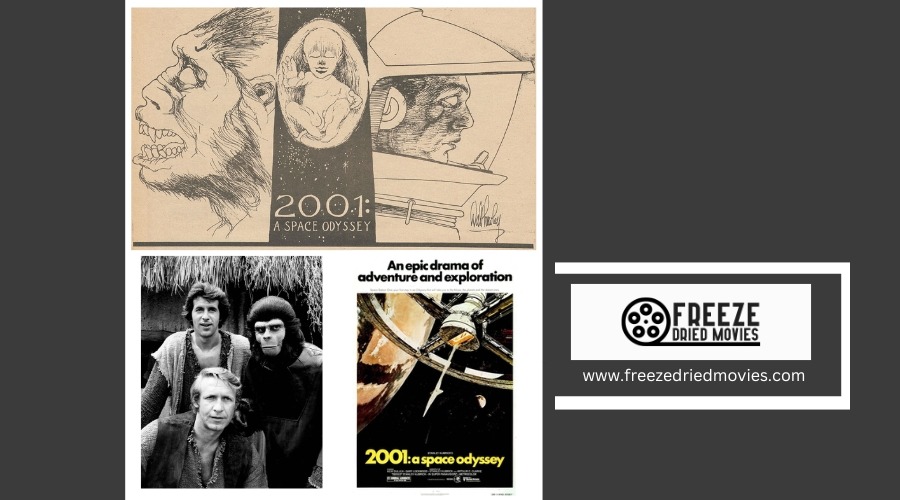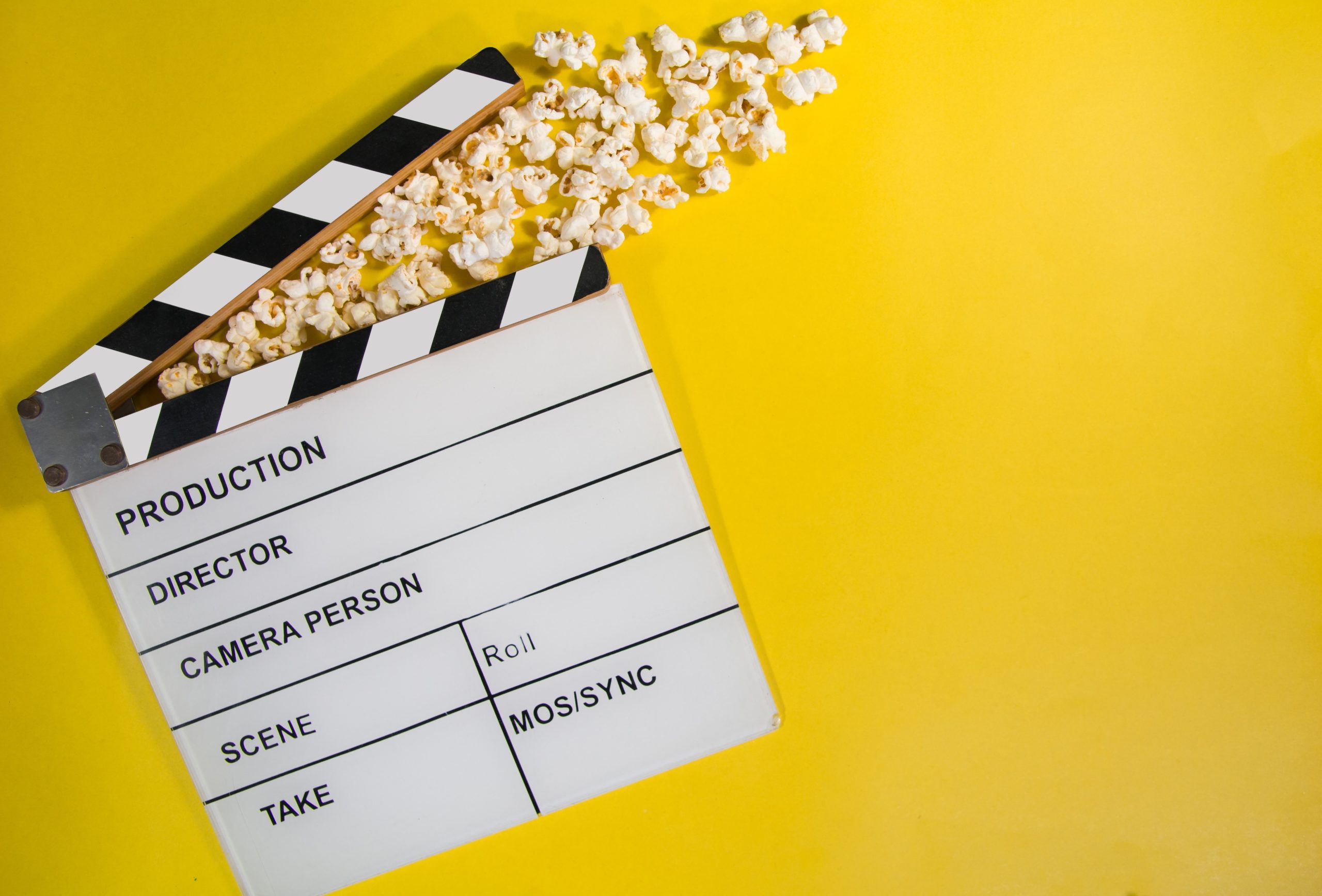Who Were the Famous Comedians of the 1960s?
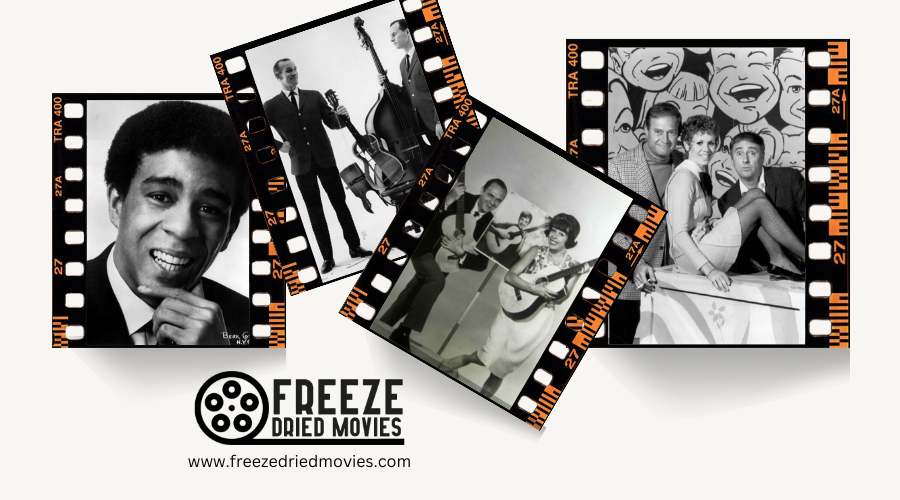
The 1960s comedy scene featured trailblazers like Lenny Bruce and Richard Pryor who boldly addressed taboo topics, while Peter Sellers led the British comedy invasion. Television innovators Lucille Ball and Sid Caesar created formats still used today. Groundbreaking duos like Nichols and May captivated audiences, while Bob Newhart's recordings topped charts for 108 weeks. These pioneers challenged norms and transformed entertainment in ways that continue to influence comedians decades later.
Key Takeaways
- Richard Pryor emerged as a groundbreaking stand-up comedian addressing controversial social topics with fearless commentary.
- The Smothers Brothers Comedy Hour boldly challenged censorship and tackled political issues on mainstream television.
- British comedy invaded America with influential figures like Peter Sellers and the formation of Monty Python.
- Bob Newhart dominated comedy recordings with "Button-Down Mind" spending 108 weeks on Billboard charts.
- Rowan & Martin's Laugh-In revolutionized television comedy with its fast-paced format and innovative visual style.
The Stand-Up Revolutionaries: Lenny Bruce and Dick Gregory
As the cultural landscape of America underwent seismic shifts in the 1960s, two comedians emerged as fearless voices of their generation. Lenny Bruce shocked audiences with uncompromising political and social commentary during his show, frequently resulting in obscenity charges that derailed his career.
In the turbulent 1960s, Bruce and others transformed comedy from safe entertainment into dangerous truth-telling—shocking audiences while facing serious consequences. Bruce's boundary-pushing style ended tragically with his drug overdose in 1966, but his influence on future stand-up comics remains immeasurable.
Meanwhile, Dick Gregory broke barriers as an African-American comedian who boldly addressed racial injustice on stage. Unlike Bruce, Gregory survived the turbulent era and channeled his platform into social causes until his death in 2017.
Together, these revolutionary performers transformed comedy from mere entertainment into a powerful vehicle for confronting society's most uncomfortable truths—a legacy that continues to inspire comedians today.
Much like Richard Pryor who would later follow in their footsteps, these comedians used social commentary to fearlessly address controversial topics that mainstream entertainment typically avoided.
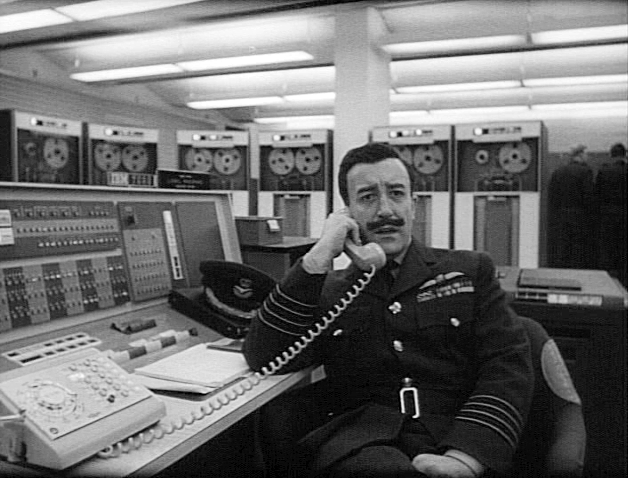
The British Comedy Invasion: Peter Sellers and Beyond
While America experienced its own comedy revolution, British humor was making an equally powerful impact across the Atlantic. Peter Sellers emerged as the movement's vanguard, enrapturing audiences with his chameleon-like performances in The Pink Panther series and his multiple roles in Dr. Strangelove. As New Hollywood Visionaries were redefining American cinema with innovative storytelling techniques, British comedy was carving its own revolutionary path.
Alongside Sellers, you'd find the debonair David Niven bringing sophistication to comedic roles before retreating to the Côte d'Azur. Though American, Woody Allen and Mel Brooks were heavily influenced by this British wave, with Brooks later collaborating with Gene Wilder on several comedy classics.
The invasion continued into the 1970s when John Cleese, fresh from his Monty Python success, created the iconic Fawlty Towers, cementing British comedy's international appeal and lasting influence on global humor.
Television Comedy Pioneers Who Transformed the Medium
When television emerged as America's dominant entertainment medium in the 1950s and 60s, a brilliant generation of comedians seized the opportunity to reinvent comedy for the small screen. Sid Caesar's groundbreaking "Your Show of Shows" established the foundations of sketch comedy, while Lucille Ball's "I Love Lucy" created the blueprint for sitcoms that's still followed today.
The revolution continued into the late 60s with "The Carol Burnett Show," which captivated audiences for 11 seasons with its blend of sketches and variety acts. Meanwhile, "The Smothers Brothers Comedy Hour" daringly tackled political topics and challenged network censorship. Rowan & Martin's "Laugh-In" further revolutionized television comedy with its frenetic pace, innovative visual style, and memorable catchphrases that would influence comedy formats for decades to come.
Like dramas of the 1950s, these comedy shows were part of what many consider the Golden Age of Television, blending entertainment with social commentary that resonated with viewers.
Comedy Duos That Defined the Era
The comedy landscape of the 1960s wasn't just shaped by solo performers and variety shows—dynamic duos created some of the era's most memorable moments. While Lenny Bruce pushed boundaries as a solo act, comedy duos dominated both television and record sales. Comedy partnerships defined the sixties as much as solo stars, capturing audiences across television and vinyl.
These partnerships captivated audiences across multiple platforms:
- Allen and Rossi became household names with over 700 television appearances, particularly on the Ed Sullivan show, releasing several popular albums that showcased their rapid-fire humor.
- Hudson and Landry achieved remarkable success on vinyl, placing three albums on the Hot 200 charts in the early 1970s after building their reputation in the late 60s.
- Mel Brooks and Carl Reiner crafted intellectual yet accessible comedy, eventually charting with their "2000 Years" album while influencing shows like the Tonight Show and Smothers Brothers.
They continued the tradition of famous comedy duos like Abbott and Costello, whose iconic "Who's on First?" routine demonstrated the power of perfect timing and wordplay that would influence comedians for generations.
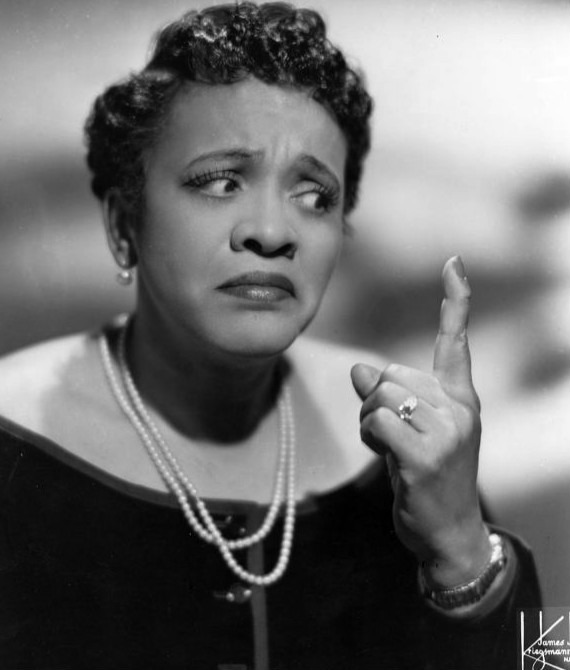
Groundbreaking Female Comedians of the Sixties
Five remarkable women revolutionized comedy during the 1960s, breaking barriers in a male-dominated industry with their distinctive voices and fearless approaches. Moms Mabley made history as one of the first openly lesbian entertainers, dominating the charts with 13 comedy albums between 1961 and 1969.
Both Carol Burnett and Joan Rivers cut their comedic teeth in Greenwich Village clubs before achieving wider fame, with Burnett ultimately conquering television and Rivers perfecting her rapid-fire delivery.
Totie Fields showcased her wit beyond standup, authoring the humorous cookbook "I Think I'll Start on Monday: The Official 8½ Oz. Mashed Potato Diet."
Meanwhile, Elaine May partnered with Mike Nichols to create groundbreaking improvisational sketches that influenced generations of comedians who followed their pioneering husband-wife duo format.
From Nightclubs to Albums: The Comedy Recording Boom
While female comics were breaking through live performance barriers, a parallel revolution was taking place in living rooms across America. Comedy albums became cultural phenomena, with Bob Newhart's "Button-Down Mind" dominating Billboard charts for 108 weeks. Comedians who once performed in New York City and Los Angeles venues were now reaching millions through vinyl. Comedy's revolution reached American living rooms through vinyl, transforming local talents into national voices
The recording boom created unprecedented opportunities for comedic talents:
- Vaughn Meader's "The First Family" outsold all records before The Beatles, winning the Grammy for Album of the Year
- Shelley Berman (born Leonard Alfred Schneider, like Bruce was born Leonard) pioneered the spoken comedy Grammy
- Duos like Dean Martin & Jerry Lewis influenced TV show formats while Richard Pryor's early recordings hinted at his future impact
These albums transformed comedy from fleeting nightclub performances into permanent, collectible art.
How 1960s Comedians Shaped Modern Stand-Up
Revolutionary trailblazers of 1960s comedy didn't just entertain audiences—they forever transformed stand-up as an art form. Controversial figures like Lenny Bruce, born in the United States, challenged societal norms with routines that later inspired Robin Williams' boundary-pushing style.
Bob Newhart, who won the Grammy for his "Button-Down Mind" album, pioneered the deadpan delivery that defines much of today's observational comedy.
The improvisation mastered by Nichols and May influenced show business far beyond stand-up, while comedy duos like Stiller and Meara (Jerry Stiller's better known work before Seinfeld) created templates for relationship-based humor. Even after many of these pioneers passed away, their impact remains evident in mainstream comedy's evolution from Carol Burnett to today's stadium-filling comedians.


